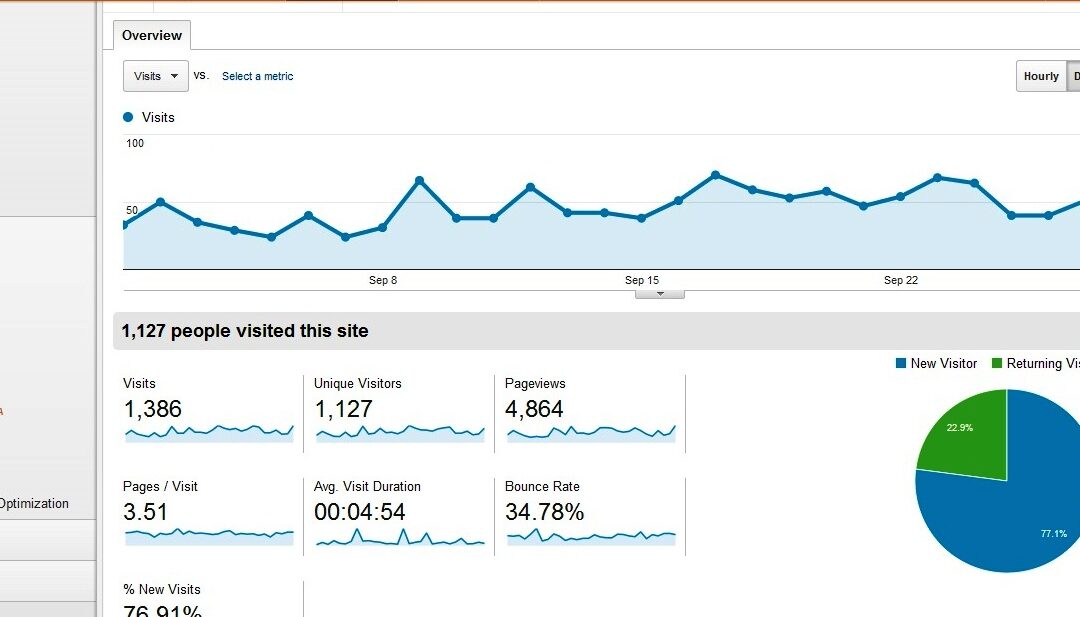Last month, Google created waves in the marketing world with “Hummingbird,” its most significant algorithm change for over a decade. With the new algorithm, Google has shifted the focus away from a search system based almost entirely on keyword matching to one based on meanings and context, employing natural language processing (NLP) to better understand each search query and deliver more relevant, helpful results to its users.
So what should you do now?
Hummingbird makes understanding how your guests use search to find you online more important than ever. Creating helpful, engaging content that targets mobile, as well as desktop search phrases, will continue to drive traffic to your resort’s website, but traditional SEO shouldn’t form the basis of your search marketing campaign anymore. Here are some tips to making the most of the new search algorithm.
Get to grips with Google’s knowledge graph.
This is the knowledge base Google uses to gather semantic information from the web. It organises this information into three broad categories – people, places and things. These categories contain smaller sub categories, for example, the “people” category might include “politicians, actors, artists, musicians, business leaders” etc. Each category also features certain relevant attributes that Google knows are of interest to its users. Brad Pitt, for instance, is a person, and Google understands that people have certain attributes like a birth date, birth place, height and age. It understands that Brad Pitt belongs in the “actor” category, which has its own set of corresponding attributes such as the film and TV shows they’ve appeared in. Likewise, these films and TV shows have attributes, including a director, cast and year of release. Now each time a user makes a search related to Brad Pitt, Google uses all of this knowledge to scan the web and deliver highly relevant, useful information, rather than simply presenting a list of pages that contain his name.
Craft engaging content.
This one speaks for itself: Google is more adept than ever at finding great content and prioritises this high quality material on the search results page. If you want your guests to find you when they make a search enquiry, you need to be continually producing interesting content that is of real value to your audience.
Promote your content on social media.
As you probably know by now, Google uses social signals to determine the value of the content it crawls during search. Promoting your resort’s content consistently on social networks, and particularly on Google+, helps steadily improve your ranking on the search results page.
Measure your performance.
Use online search analytics tools to identify which aspects of your content strategy are working well and which areas need improvement. Review your progress regularly to see where Google is rewarding your material most.
Are you ready to make the most of Hummingbird? Let us know in the comments below.

